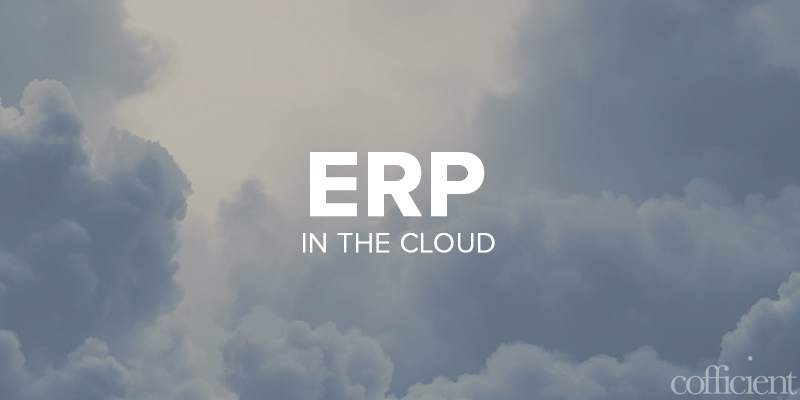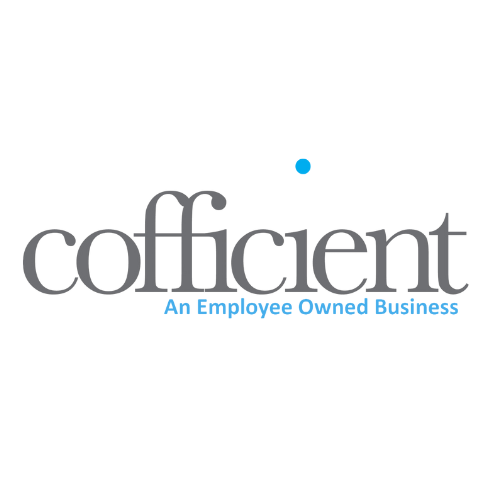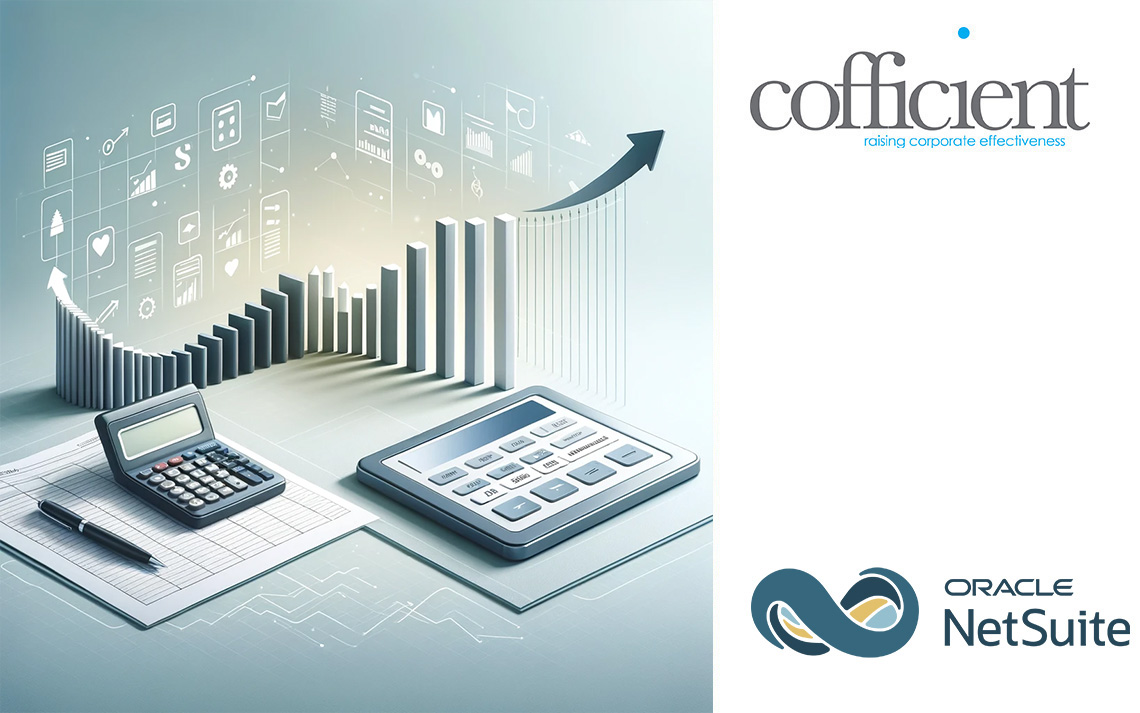
Why Cloud ERP?
In the last decade, adoption of cloud technology has exploded, and adoption of cloud ERP software has taken off with it. In a cloud ERP system, the software is hosted by a third party and accessed over the internet. In contrast, in an on-premise system, the technology is held on privately-owned servers by the business using it.
This fundamental difference has created advantages for cloud ERP solutions that have been driving its growth rate. Here are five of those benefits:
Lower Upfront Costs
Cloud ERP systems, like most software as a service (SaaS) products, have a much lower barrier to entry than on-premise systems. Since the software is hosted by another company, businesses don’t require the IT staff, servers, and other equipment that would typically be necessary to support it. The hosting company manages these instead.
This creates lower upfront costs for the cloud model, and additional payments are often made on a monthly subscription basis. As a consequence, smaller and mid-sized companies can reduce initial costs and adopt an ERP solution more quickly, though this advantage may not be as significant for larger companies (who likely already have access to an IT staff and equipment).
Scalable
One of the benefits that early cloud adopters quickly realised is that with a cloud subscription, it is easy to scale services to meet your needs. In addition to lowering the barrier to entry, cloud ERP allows businesses to scale painlessly. In an on-premise system, businesses may have to purchase extra servers and equipment in order to increase usage. Meanwhile, in a cloud system, because the infrastructure is managed by the vendor, businesses can simply add additional users by paying more for their subscription.
Geographic mobility
Cloud software is accessible anywhere with an internet connection. This offers businesses unprecedented geographic mobility, which can benefit them in various ways:
- Go Global: Global companies with on-premise ERP systems need to have multiple systems, which reduces connectivity in the business and can create information sharing issues. With a cloud system, this is not a concern since the one product works across the globe.
- Travel: If employees need to travel as part of work, they can still access ERP software from their new location.
- Work at Home: Businesses can offer their employees more flexibility, since they’re able to access the technology through an internet connection at home. This is great for employees with long commutes, as well as for temporary circumstances, as discussed in our next example:
- Bad Weather: Since employees have access to the ERP system at home, businesses can stay running through bad weather conditions. Even if a snowstorm prevents driving to the office, as long as internet is still working, parts of the business can move forward.
Security
At one point in time, people thought that housing sensitive data in the cloud went against best practices when it came to security. Then they started to see how ERP cloud vendors could actually provide a more secure environment in most cases.
Historically, one of the largest barriers to cloud adoption, in general, has been security concerns, and this has been the case for adoption of cloud ERP as well. In recent years, however, trust has increased, and a number of companies have improved security in their software.
It’s a common notion that an on-premise system is more secure, but more control, which is what on-premise software really offers, doesn’t necessarily equate with better security.
Specialisation allows companies focused on ERP software to make it more secure than it would be otherwise. Of course, this can differ on a software-by-software basis, so companies need to do proper research to make sure what they’re purchasing is up to par.
While you still have to take a hand in making sure that your data is safe, reputable cloud ERP vendors act as your partner when it comes to security measures.
Reliability
As with security, specialisation also aids cloud ERP companies in ensuring their service is reliable. For example, NetSuite, one of the most-used cloud ERP software, has a 99.98% average uptime and keeps its status publicly available with updates around the clock.
Since your ERP vendor maintains ownership of the software and hardware, they often provide round-the-clock support for their customers. Unlike on-premise hosting, which sometimes requires customers to purchase support packages, cloud vendors generally offer this as part of their service; and that includes software upgrades.
Choosing the right ERP solution for your business takes some serious thought. For some, on-site solutions it is the only way to go. If they have the money for the resources that ERP software requires, this decision makes sense in many cases. However for those companies who don’t want to spend money on these resources and don’t want to have to manage the application, opting for a cloud-based vendor makes perfect sense.



